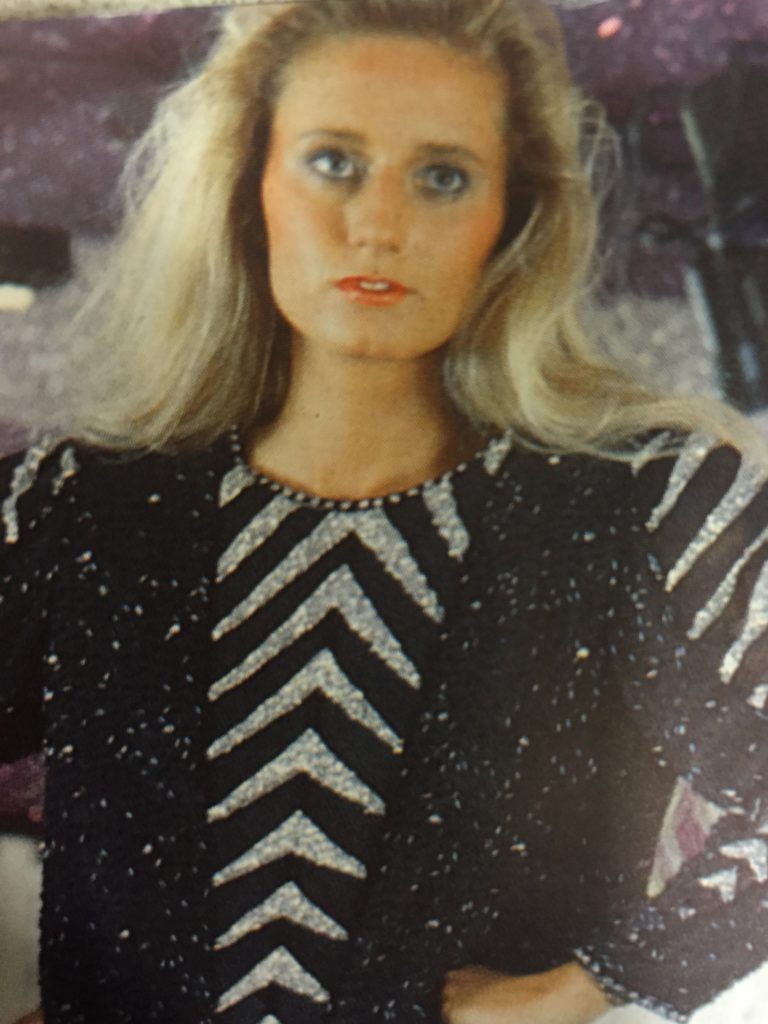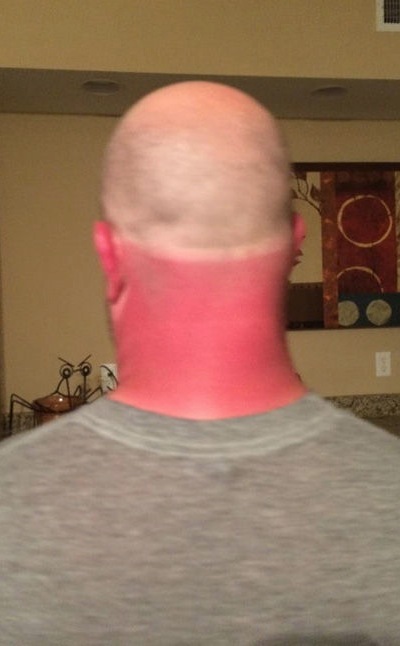

Leveraging a brand’s authentication knowledge is also a great way to reduce authentication costs and build a sustainable resale business.

All other things being equal, it’s more comforting to a consumer to buy from a reseller where the brand implicitly endorses the authentication. That gives Trove access to the product knowledge it needs to ensure authenticity, gives the brands a new stream of income and a new consumer to market to and gives consumers the confidence that what they’re buying is real and that the brand backs it up. But if you go to the resale site of Patagonia and REI, it looks like the sites are operated by those brands in reality, Trove runs their resale businesses as a subcontractor. As a consumer, you’ll probably never know you’re transacting with Trove when you encounter them. That’s a company called Trove (Forbes writer Lauren Debter recently wrote a great article describing Trove). But as a complete business model that leverages the knowledge of brands at all levels including authentication, I have only seen one.

Another company called Reflaunt, puts a button on a merchant’s website that facilitates the return and resale of worn products that have been purchased online by a consumer. One of The RealReal’s competitors, Vestiaire Collective, recently announced a partnership with the fashion brand Alexander McQueen in which the brand will also participate in authentication. Resellers need to tap into makers’ product knowledge base in order to have the best chance of preventing fraud. The RealReal has some partnerships with brands like Burberry, Stella McCartney and Gucci, but those partnerships are for marketing and not for authentication. How can resellers have the best knowledge about fakes to keep fraudsters out of the market? The most knowledge about products does not reside in resale companies like The RealReal, the knowledge is domiciled at the brands who make the products. So it’s inevitable that fakes wind up going through the system without being detected and no one knows how many. But the vast range of product knowledge required for successful authentication of millions of products is challenging to maintain all in one place. The RealReal has to find a path to profitability before the cash runs out. If The RealReal continues to operate at that rate, it will run out of cash before turning profitable and it will be difficult or impossible to raise more money and stay in business, destroying shareholder value. In its most recent financial report, The RealReal had almost $400 million in cash on its balance sheet and lost over $100 million (in Analyst Normalized EBITDA) in the previous 12 months. But The RealReal went public in 2019 and it has to have a path to profitability. It would make sense for The RealReal to spare no expense in authenticating every product. On the one hand, The RealReal’s business is only sustainable if consumers believe what they’re buying is authentic. Why does this happen? Why does The RealReal not have as much expertise as a small startup like LegitGrails to see the difference, as you can plainly see in the picture at the top of this article, between the label on the fake and the one on the real shoe? The answer has to do with The RealReal’s business model and its conflicting incentives. The company declined to answer and referred me to its quarterly letter to stockholders where the only mention of authentication is about automating the authentication process with artificial intelligence.
#THE REAL REAL MODEL FULL#
we make it right, as we did in this case by issuing a full refund to the buyer.” After receiving that statement, I asked The RealReal how the number of authentications has grown, how the number of people doing authentication has grown and how the number of products rejected for authentication reasons has grown.

we get it right an extraordinarily high percentage of the time and we have an authenticity guarantee, allowing our customers to buy with confidence. e stand behind our authentication team and process. In the past year, we have deployed advanced artificial intelligence and machine learning to support our authentication experts. Our authentication process is always evolving. We keep tens of thousands of counterfeit goods off the market every year. There is no other resale company doing more to remove fakes from the market. the only resale company in the world that takes possession of and authenticates every single item we sell. Instead, they told me, in part, that they have “the most rigorous authentication process in the marketplace, and. The RealReal refunded Linda’s purchase without acknowledging that the shoes were fake and I didn’t get an answer to my question. I asked The RealReal how it’s possible, yet again, that a high-priced product from a well-known brand escapes their scrutiny.


 0 kommentar(er)
0 kommentar(er)
